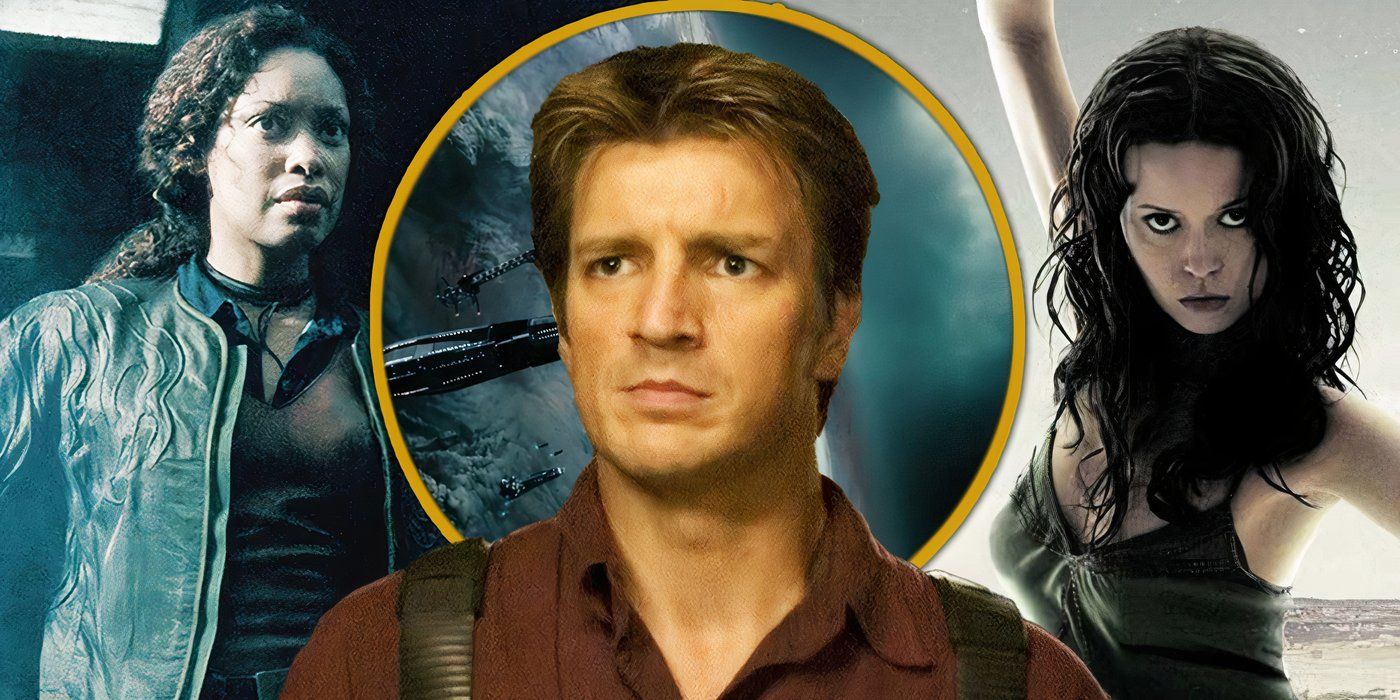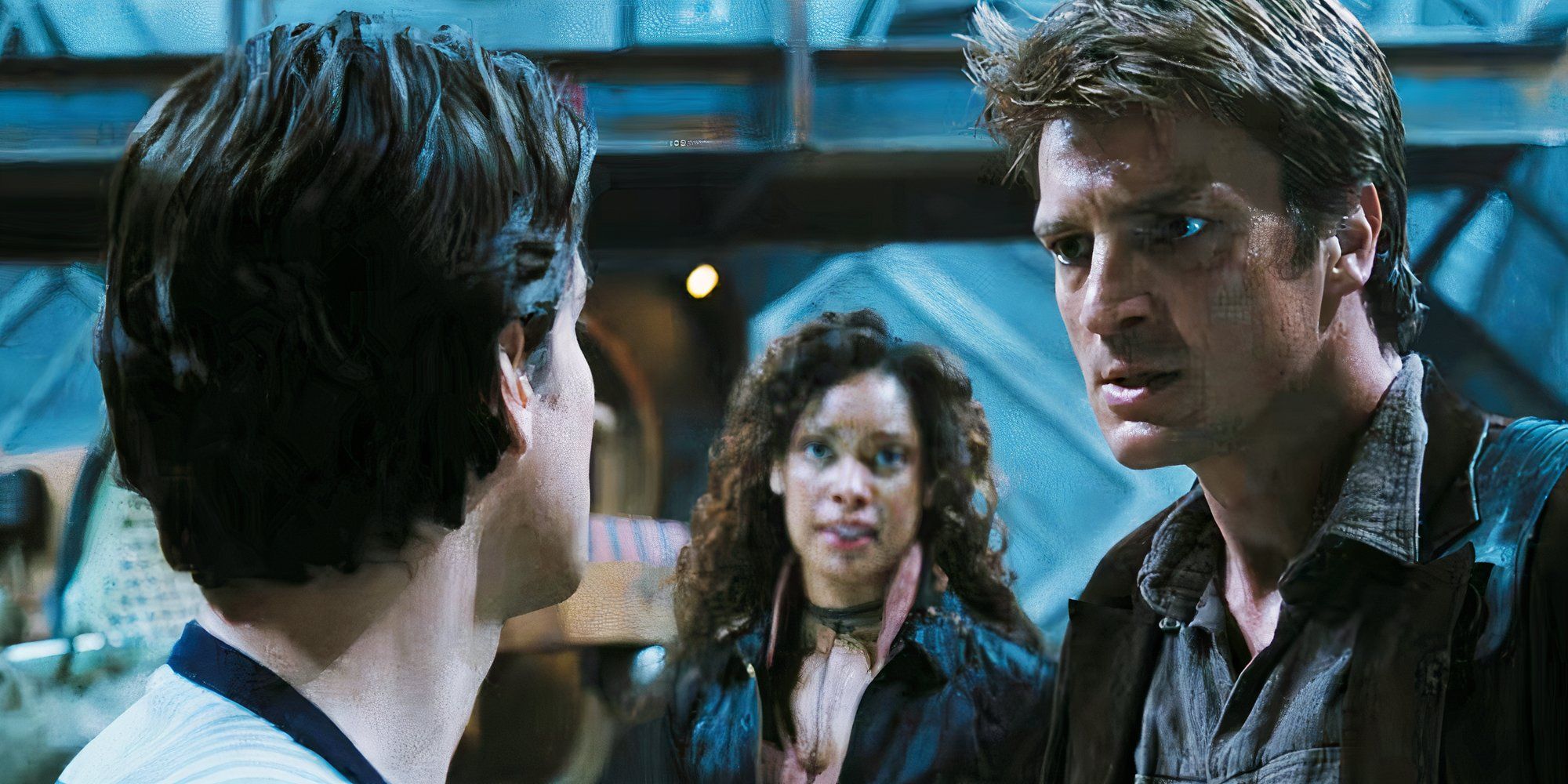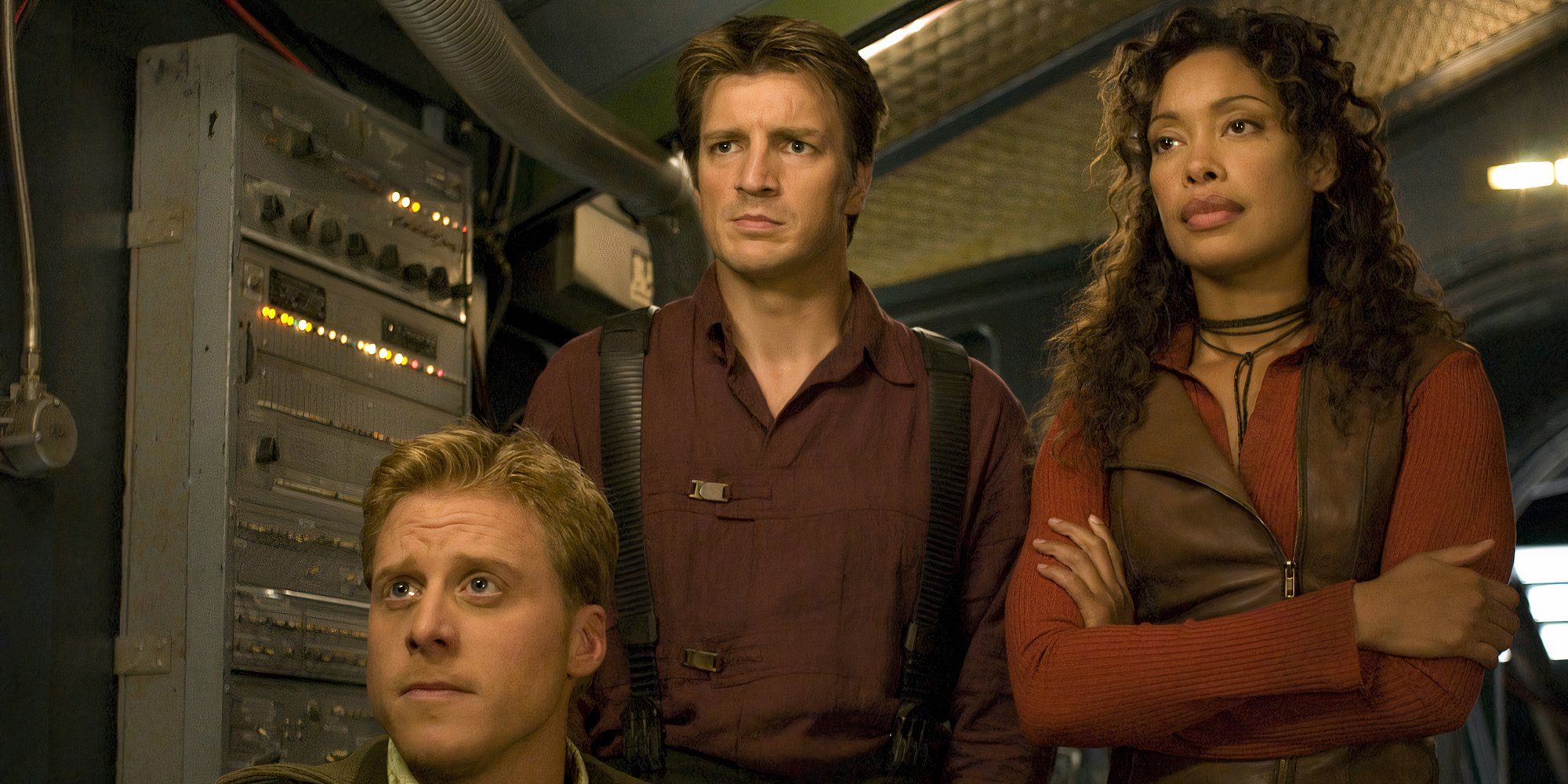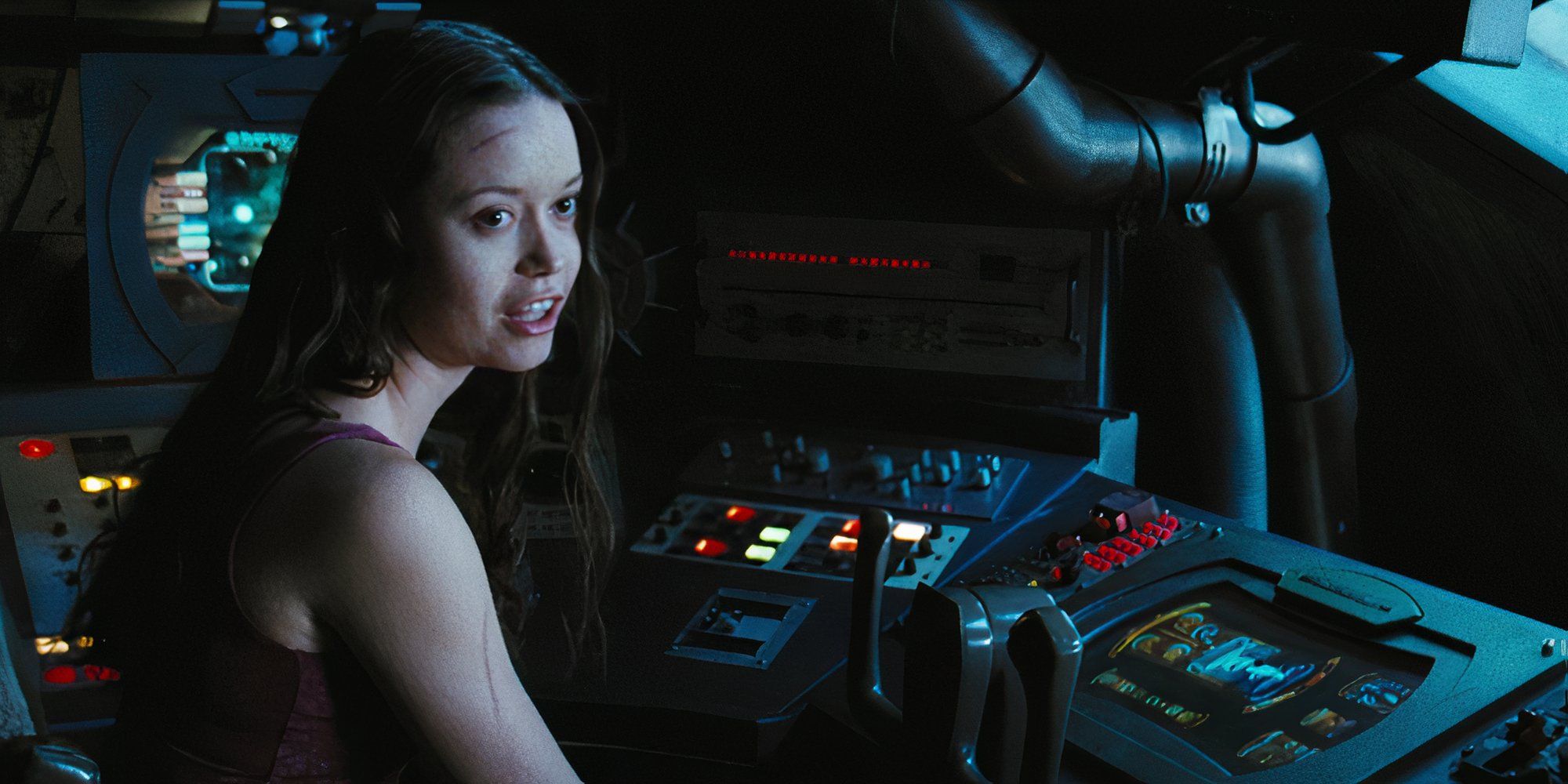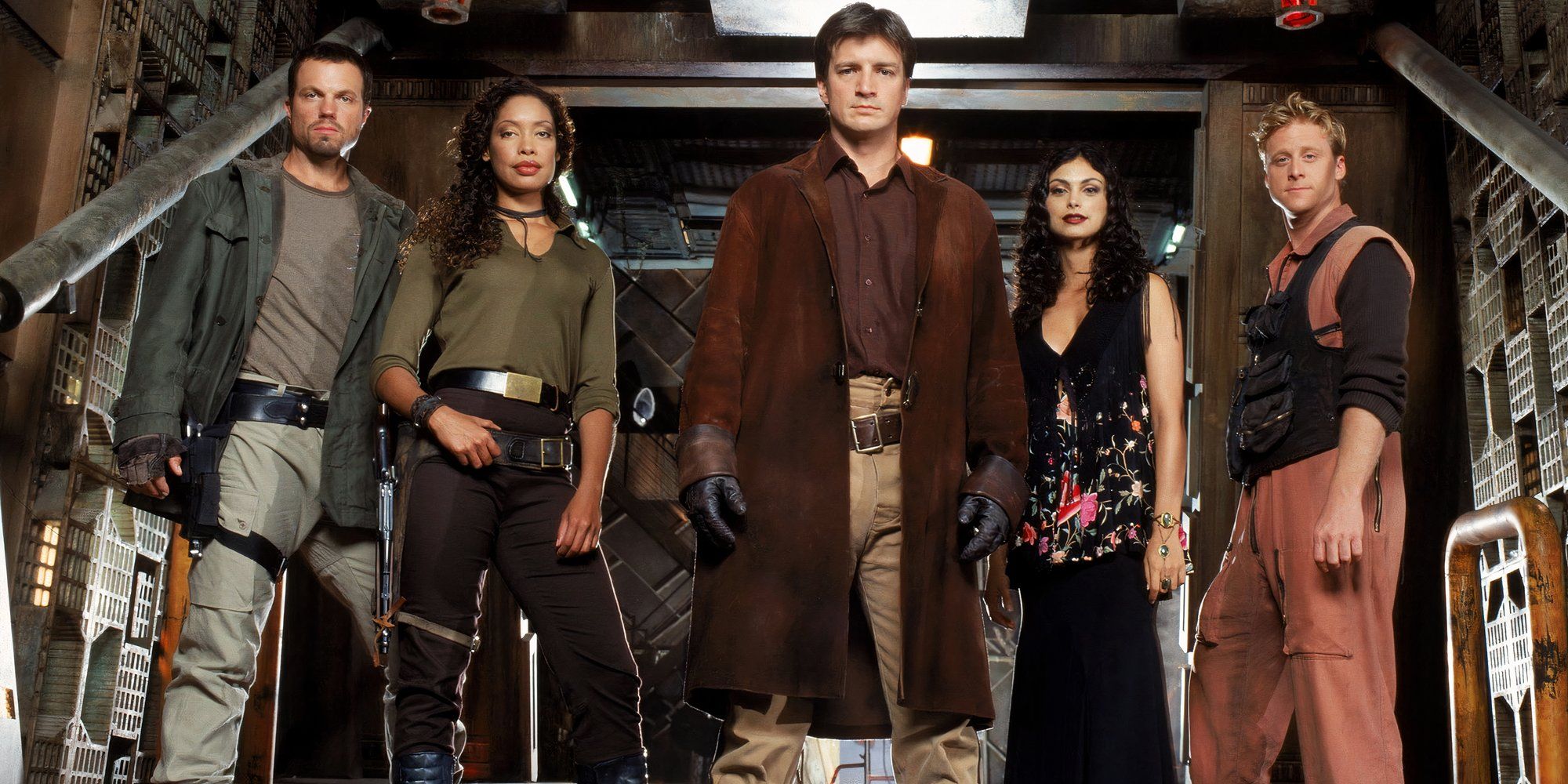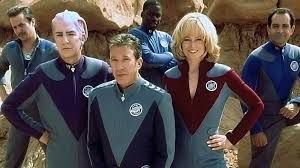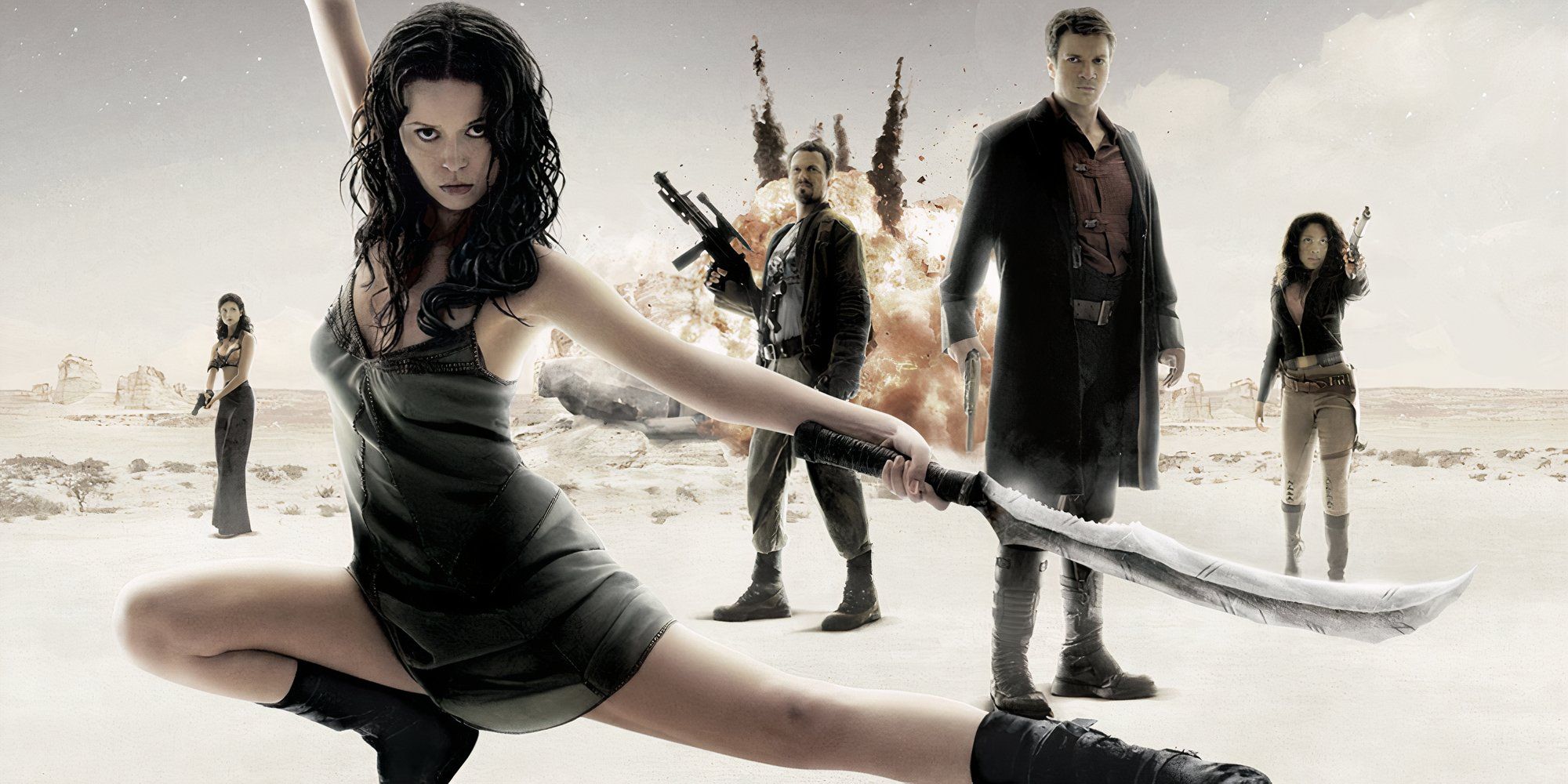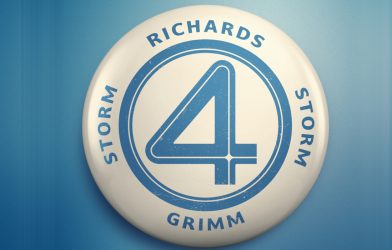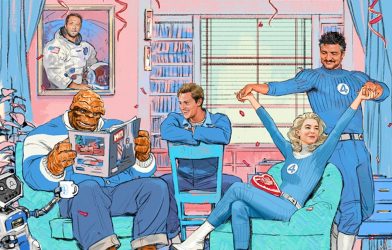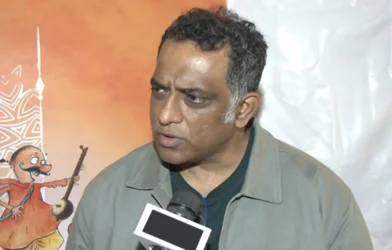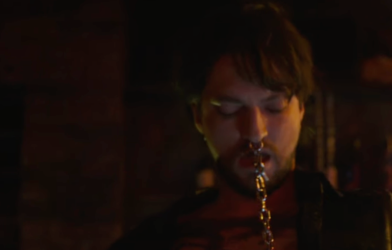Summary
- David Newman’s score for the
Firefly
follow-up movie
Serenity
is now available for pre-order on vinyl. -
Screen Rant
interviewed Newman about his work on the movie. - Newman reflects on the challenges of creating the score for the film, showcasing his innovative approach to musical storytelling.
The 2005 sci-fi film Serenity had to strike an impossible balance, both catering to the exceptionally dedicated cult following of a one-season TV show while still welcoming moviegoers who had no idea what Firefly was. Creatively, it succeeded, but underwhelming box office numbers quieted talks of a sequel. Nearly 20 years later, and the cast of that movie—people like Nathan Fillion (The Rookie), Morena Baccarin (Deadpool), Summer Glau (Arrow), and Gina Torres (Suits)—are still regularly asked if, when, and how they will reprise their roles.
It’s somewhat on brand, then, that composer David Newman’s score for the movie is finally making it to vinyl courtesy of Varèse Sarabande. While new to the Firefly universe, Newman had made a name for himself in part by scoring some of the best-loved movies of the 1990s and 2000s like The Mighty Ducks, The Sandlot, Tommy Boy, and The Nutty Professor. For Serenity, Newman iterated on the Western-style score Greg Edmonson contributed to Firefly while adding his own unique theatrical flair. The 2-LP set features an expanded 90 minutes of music and fascinating liner notes by Daniel Schweiger.
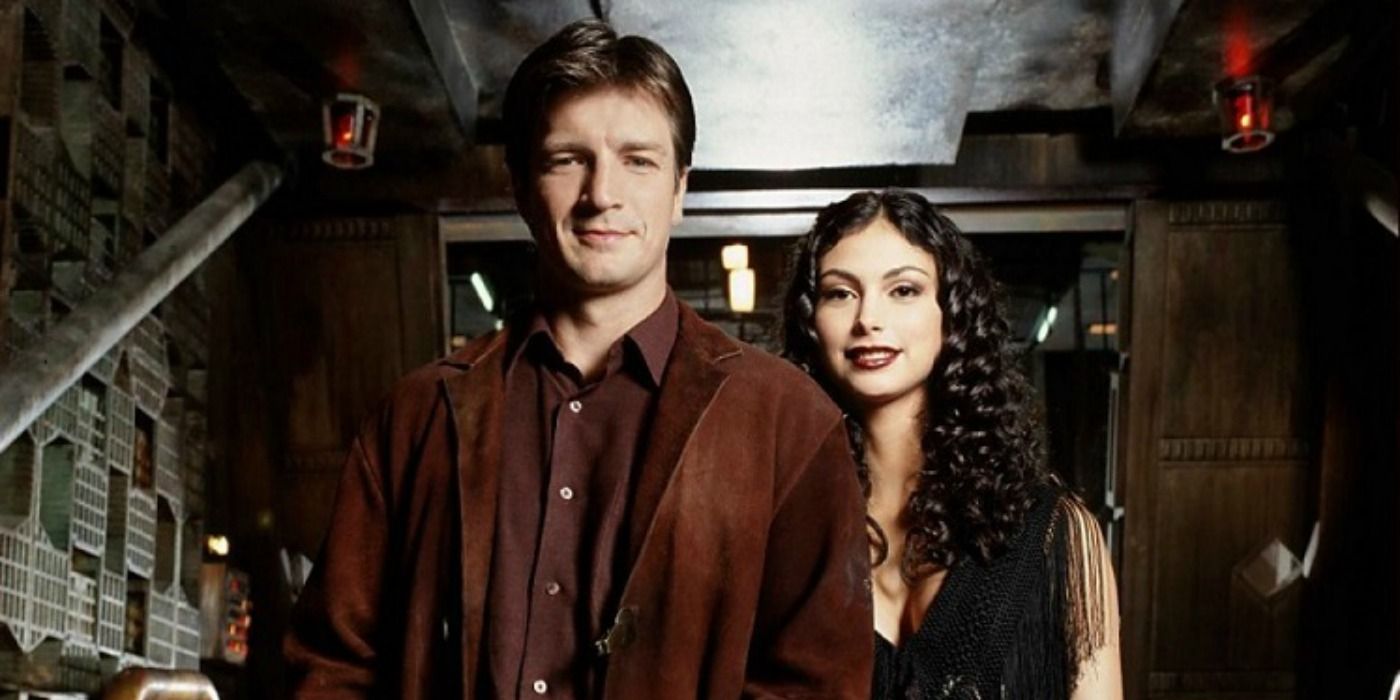
Related
Original Firefly Star Addresses Possible Show Revival & Reunion Special
Firefly star Morena Baccarin, who portrayed Inara Serra, candidly discusses a possible revival of the sci-fi drama and a reunion special.
Of course, there is the Joss Whedon of it all. The once-revered showrunner, Firefly creator, and Serenity writer/director has faced allegations of abusive conduct in recent years, dating back to his long-running TV series Buffy the Vampire Slayer. This has rightfully challenged many viewers’ perceptions of the filmmaker and his past projects, but it shouldn’t take away from the standout work people like Newman contributed to the film. Nearly two decades later, Newman’s soundtrack stands out as ahead of its time, and its genre-bending fusion of disparate elements remains worthy of a listen. Newman discussed that fusion and reflected on making Serenity in conversation with Screen Rant in celebration of the vinyl’s upcoming release.
“It Was A Hard Movie To Make”
Serenity aimed to bring the best of Firefly to the big screen, but the journey to accomplish that was not an easy one. Newman replaced frequent Coen Brothers collaborator Carter Burwell as composer and was told he only had a few weeks to create the score. On top of that, Whedon had a specific vision for the music that resulted in Newman turning in draft after draft of key pieces:
David Newman: It was a hard movie to make. I know for Joss it was really hard. He’s a task master. It was hard for everybody to figure out the music and everything. The main title—that 40 seconds before the joke where the ship starts falling apart—I did 15 different versions of it.
Screen Rant: Is it true you only had a few weeks to score it?
David Newman: It started off as a few weeks. Some of this stuff does, but it just goes on and on. It wasn’t a huge amount of time, but we just kept pushing and pushing and pushing. There was a lot of band stuff that I did at my studio that had to be prerecorded, and then the orchestra was put on top of that. So, it was a little complicated.
And [Whedon] was editing the movie down to the wire, which is usual, and that’s hard for music because the minute you cut something, it throws your sync off. For music, if they edit two seconds at a particular place, mostly it’s the wrong place to edit two seconds out of the music. Sometimes you have to rework it completely if they change the scene completely. Sometimes it’s more difficult, especially when a film isn’t exactly clear what it is until the very end. I think Joss was fighting with them on and off for the whole movie, so it was tricky.
Serenity’s Hardest Piece Of Music Came Together Thanks To Shakespeare
As Newman said, he wrote 15 versions of the Serenity main title before landing on the one that made it into the movie. The version that finally passed muster drew inspiration from a surprising place, namely an opera by Guiseppe Verdi based on the famous Shakespeare play. Newman detailed how that work influenced one of the first pieces of music heard in Serenity:
David Newman: There were a lot of characters. There were a lot of themes. The hardest thing to do was the Serenity theme at the beginning. I did 14 or 15 versions, he just kept saying, “No, no, no, no,” and then we hit upon something.
Verdi was a very famous 19th century opera composer in Italy. During the unification of Italy, he was a big political figure too. One of his last operas was based on the play Othello by Shakespeare. There’s a scene at the end of it before Desdemona gets killed by Othello, and it’s four cellos as a quartet. I started thinking about that for Serenity, and I used that. That’s what seemed to work, and then I used it for the funeral theme.
I started using the cello in it a lot before I remember everybody using cello for everything. Now, when you hear a string solo instrument, invariably it’s a cello because it less references the forties and old movies. It’s not an “old movie” instrument, but it’s still an expressive string instrument, and it can be really low or it can be in a tenor range.
We just used it at the beginning, and then we used it for the funeral scene near the end. There, it was used with a little Appalachian groove in back of it. So that’s like two worlds—it’s a reference to opera in a way. Movies have a certain reference to opera, because the movies before the movies were opera. They included sound effects, visual effects, music, and dialogue, and it just seemed to work because the idea in Serenity was a pretty big idea.
“I Loved Writing Music To It”: Newman Details His Favorite Moment Of Musical Storytelling
Although Serenity flopped at the box office, Newman is still quick to praise the movie and his experience writing music for it. One character—and one moment for that character—still stands out to the composer. He detailed a surprising bit it of musical storytelling that helped audiences connect with River’s emotional journey in the film.
David Newman: I loved writing music to it. For River, I found a square piano in, of all places, Cleveland, Ohio. The Cleveland Orchestra was playing a piece of mine, I went to friend’s house for dinner, and his piano was just so out of tune. I thought it was so cool, so we sampled it and then used that as sort of a motif for River. But near the end, once River has fulfilled her purpose and vomits up kind of what was driving her in her narrative, I changed it.
It’s so much fun. That’s such a composer thing to do—you have a piece of music, you play it and develop it, it goes through its own journey, and then it resolves. It comes to some conclusion. I remember playing that cue—it’s probably three-fourths of the way through the movie—and Joss flipping out over it. I could see that this was the end of this particular issue she was dealing with. Obviously, it was done [in the scene], but the music in a situation like that can really help tell that story without letting you know it’s doing that. It’s the same sound, but it’s a little different harmonically. It’s different texturally a little bit.
Serenity Was “Ahead Of Its Time” & May Have Performed Better As A Streaming Show
Hope for a Firefly revival has never totally died down, and most signs point to Serenity being the fictional crew’s last live-action adventure. Praising the movie, Newman acknowledged that it didn’t do well enough at the box office to generate real conversations about an immediate follow-up. Still, he believes it would have found a more fitting home as a series on a modern-day streaming service:
David Newman: We finished, we went to a premiere, and there was a big party at Universal, and then it just didn’t do enough business. It’s too bad, because it’s a terrific movie. It’s really good. It’s funny, it’s exciting, it’s cerebral, it’s interesting, and there are some really standout performances. Summer Glau’s performance is great.
I think the movie was a little ahead of its time. It’d be more like an Apple or a Netflix extended series now, which is probably where Joss initially envisioned it—as another season of Firefly.
I could see this doing incredibly well on an Apple TV+ if it had come out now. That’s such a good point.
David Newman: Yeah. If you look at the difference between movies and episodic television now, episodic television has gotten really good. It has really good effects. It looks just as good as a movie, but it’s spread out over five, six, seven, 10, or 12 episodes.
It’s like a novel. It can sprawl into different directions, where a movie is really a short story. Some people are really good at short stories, but a short story has to grab you immediately, it has to be about one big thing, and it can’t really sprawl. When there are a lot of characters and it’s coming from a sprawling series, it’s hard to do. At the point that that came out, before all this other stuff started, maybe it suffered from that.
Newman Also Reflected On Scoring Galaxy Quest: “As Hard As Serenity Was, Galaxy Quest [Had] No Problems”
Newman has more than one beloved science fiction film under his belt. He also scored Galaxy Quest (1999), another movie with a dedicated fanbase that has long been clamoring for a sequel (And Galaxy Quest 2 may still actually happen). As quickly as Newman is to discuss his joy at having scored Serenity, he points out how different the process was compared to the hilarious Star Trek homage.
David Newman: I loved Galaxy Quest. As hard as Serenity was, Galaxy Quest [had] no problems.
Why was that?
David Newman: The studio thought it was a kid’s movie, so they tested it as a kids movie and the parents hated it and got really angry. So, they told Dean and everybody, they [didn’t] know what to do, so, “Just go and make whatever movie you want. Go try to sell it.” Nobody said anything. That movie is made by filmmakers only. There’s no interference in that movie, where Serenity has a ton of interference from the studio.
About Serenity
Serenity is the feature film sequel to the short-lived TV series Firefly. Set in 2517, Serenity is the story of the crew of Serenity, a “Firefly-class” spaceship. The captain and first mate are veterans of the Unification War, having fought on the losing Independent side against the Alliance. Their lives of smuggling and cargo-running are interrupted by a psychic passenger who harbors a dangerous secret.
David Newman’s Deluxe Edition score for
Serenity
will be released June 28 via Varèse Sarabande and can be
pre-ordered here
.

